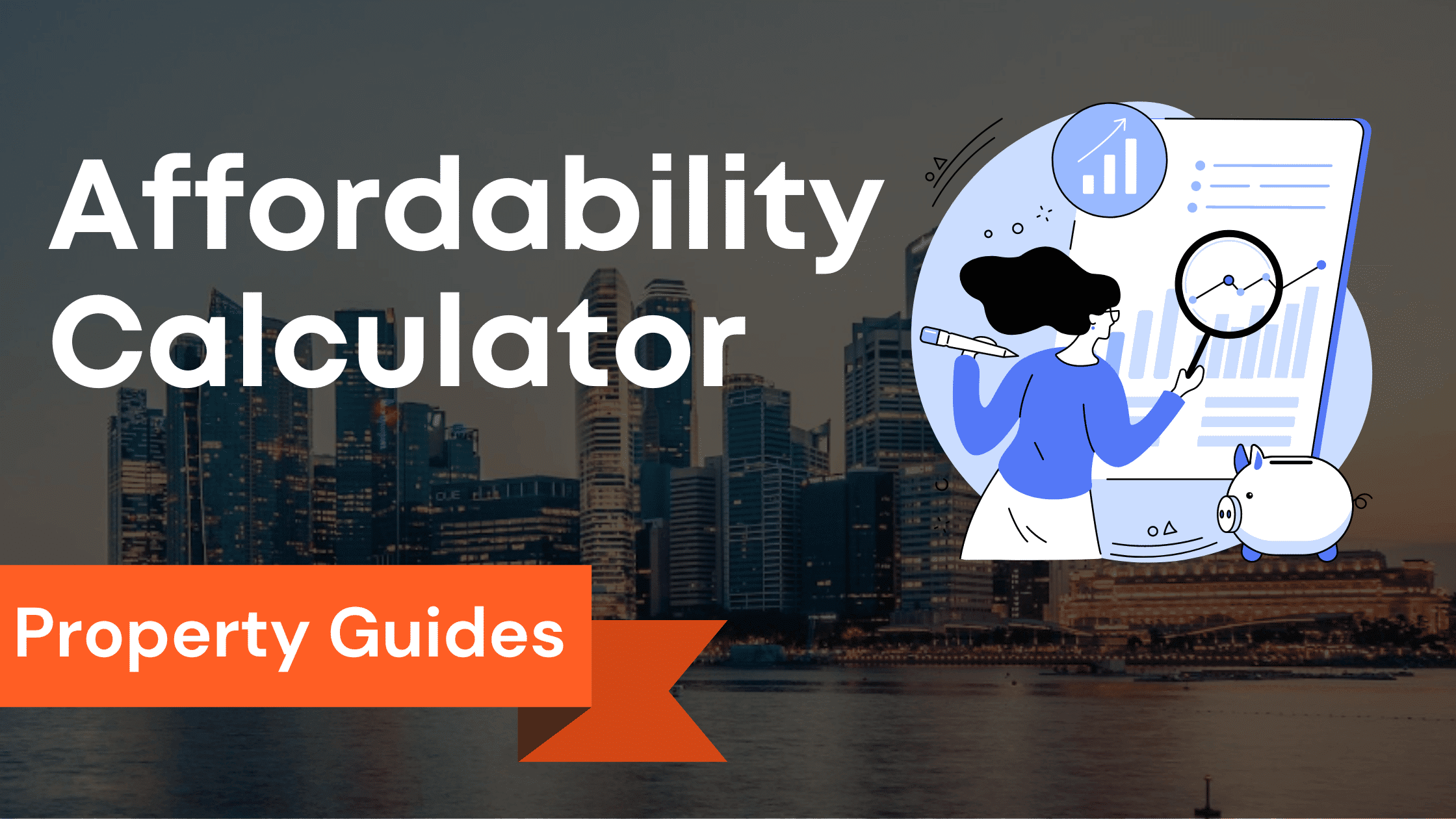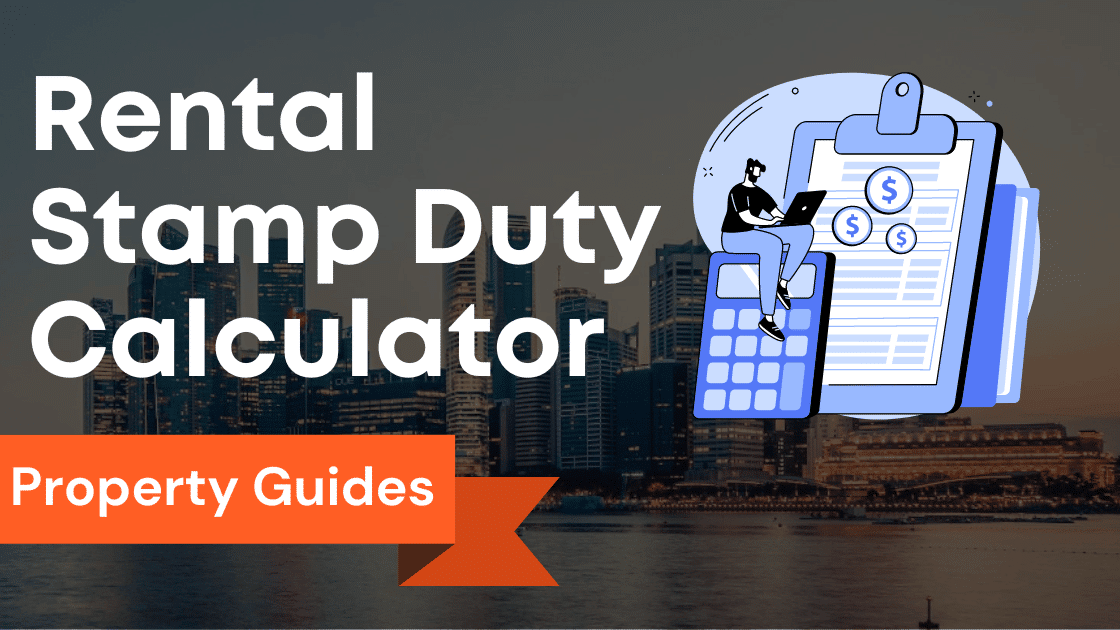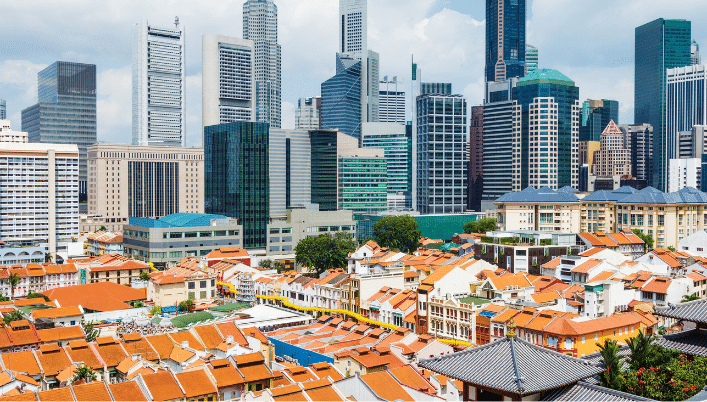
Embarking on a captivating journey through Singapore’s 2023 Property Market, where urban redevelopment, economic currents, and government measures choreograph the dance of real estate trends.
Witness the rise and fall of property prices, guided by cooling measures and growth indicators.
Delve into the heart of private property owners’ responses, the rental market’s impact, and emerging buyer sentiments.
Join us in uncovering the hidden stories and dynamic forces shaping Singapore’s ever-evolving property landscape.
Will property prices drop in 2023 in Singapore?
Key Takeaways
- Continued Growth and Development: The Singapore property market is expected to grow due to urban redevelopment and increased demand for residential properties.
- Property Price Trends: Forecasts suggest a potential drop in property prices in 2023 due to cooling measures and economic factors. Buyers and sellers should stay informed about these trends.
- Housing Demand and Supply: Strong housing demand is driven by population growth and homeownership desires, though interest rates and loan availability influence demand and supply.
- Government Measures’ Impact: Government measures like stamp duty and cooling measures affect property prices. Understanding their effects is crucial for buyers and sellers.
- Economic Growth and Property Values: Economic growth directly affects property values. Thriving economies lead to price rises, while downturns can cause declines.
- Interest Rates and Home Loans: Interest rates impact property prices. Low rates make buying affordable, while high rates can reduce demand and lower prices.
- Resale Properties’ Role: Resale flats contribute to housing diversity. They’re priced based on location, condition, and demand, requiring careful analysis before purchase.
- Choosing Resale vs. New Properties: Deciding between resale and new properties depends on factors like price, move-in speed, customization, and facilities.
- Property Price Drop Phenomenon: Various factors like government measures and economic conditions influence the projected property price drop in 2023.
- Buyers’ and Sellers’ Strategies: During a price drop, strategic decisions are important. Buyers can find value, while sellers need to adjust strategies and seek professional advice.
Singapore Property Market Overview: A Look at 2023
Overview of the Singapore Property Market in 2023
In 2023, the Singapore property market will continue experiencing growth and development.
The urban redevelopment of certain areas has led to an increase in demand for residential properties.
This, coupled with various government measures, has affected the overall dynamics of the market.
Trends and Forecasts for Property Prices in Singapore
Forecasts for property prices in Singapore indicate that there may be a drop in 2023.
While prices have risen steadily in recent years, cooling measures and economic growth may contribute to declining property values.
Individuals need to stay informed about these trends when making property-related decisions.
Analysis of Housing Demand and Supply in 2023
The demand for housing in Singapore is expected to remain strong in 2023.
This is due to population growth and the desire for homeownership.
However, factors like interest rates and the availability of home loans may influence the country’s overall housing demand and supply dynamics.
Understanding the Factors Behind Property Price Fluctuations

Impact of Government Measures on Property Prices
The Singapore government has implemented various measures to address the property market and ensure stability.
These measures, such as stamp duty and cooling, have impacted property prices.
Understanding the effects of these government measures is crucial when considering buying or selling property.
Influence of Economic Growth on Property Values
Economic growth plays a significant role in determining property values.
When the economy is thriving, property prices tend to rise.
Conversely, during times of economic downturn, property prices may experience a decline.
Considering the current economic climate when analyzing property price fluctuations is essential.
Effects of Interest Rates and Home Loans on Property Prices
Interest rates and home loans can have a significant impact on property prices.
When interest rates are low, it becomes more affordable for individuals to finance the purchase of a property.
Conversely, high-interest rates may deter potential buyers, decreasing property prices.
Impact of Resale Properties on Singapore’s Real Estate Landscape
Role of Resale Flats in the Housing Market
Resale flats play a crucial role in the Singapore housing market.
These properties offer an alternative to new developments, providing individuals with more options when looking for a place to live.
The presence of resale flats contributes to the overall diversity of the real estate landscape.
Pricing Dynamics of Resale Properties
The pricing dynamics of resale properties differ from those of new properties.
Resale properties are typically priced based on location, condition, and demand.
It is essential for buyers to carefully analyze these factors when considering the purchase of a resale property.
Analysis of Buying Resale versus New Properties
Several factors must be considered when deciding between buying a resale or a new property.
Resale properties may offer a lower price point and a faster move-in process, while new properties provide the opportunity for customization and potentially better facilities.
Each option has its advantages and disadvantages.
Unveiling the Property Price Drop Phenomenon in 2023
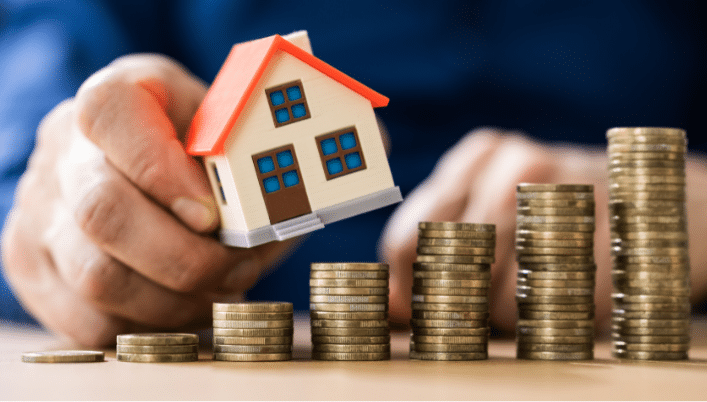
Causes and Predicted Magnitude of the Property Price Drop
The property price drop phenomenon 2023 is projected to be influenced by government measures, economic conditions, and housing market dynamics.
While the magnitude of the drop may vary, individuals need to be prepared for potential changes in property prices.
Strategies for Buyers and Sellers During the Price Drop
Strategic decision-making becomes crucial for buyers and sellers during a property price drop.
Buyers can secure properties at a lower price, while sellers may need to consider adjusting their selling strategies.
Seeking professional advice and staying informed about market trends can help individuals navigate this period.
Implications for Developers and the Real Estate Market
The property price drop in 2023 may affect developers and the overall real estate market.
Developers may need to adjust their strategies and pricing models to adapt to changing market conditions.
Additionally, the property price drop may impact investor sentiment and the overall landscape of the real estate market.
Navigating the HDB Resale Market Amidst Price Changes
Understanding the HDB Resale Market in 2023
The HDB resale market in 2023 may experience changes in pricing as property prices fluctuate.
Individuals need to understand the dynamics of the HDB resale market and how it may be affected by broader property market trends.
Factors Affecting HDB Resale Prices
Several factors can affect HDB resale prices, including location, condition of the flat, and supply and demand dynamics.
Buyers and sellers must consider these factors when navigating the HDB resale market.
Tips for Buyers and Sellers in the HDB Resale Market
Buyers and sellers in the HDB resale market can benefit from helpful tips and strategies.
These may include conducting thorough research, seeking professional advice, and staying informed about market trends.
By being proactive and knowledgeable, individuals can make better decisions in the HDB resale market.
The Role of Cooling Measures in Shaping Property Prices
Impact of Government Policies on Property Prices
Government policies play a crucial role in the Singapore property market.
Measures such as cooling measures, stamp duties, and loan restrictions have been implemented to control property demand and prevent the formation of a property bubble.
These policies directly impact property prices, as they influence the supply and demand dynamics in the market.
Analyze the Effectiveness of Cooling Measures on the Property Market
Cooling measures are policies the government implements to curb property speculation and stabilize property prices.
These measures include additional buyer’s stamp duty, seller’s stamp duty, and loan-to-value limits.
While cooling measures have proved effective, their impact on property market trends varies depending on the economic climate and market sentiments.
How Cooling Measures Can Impact Property Demand and Supply
Cooling measures can directly impact property demand and supply.
When introducing cooling measures, it becomes more difficult for buyers to obtain financing, resulting in decreased demand for properties.
This decrease in order could lead to a reduction in property prices.
Conversely, cooling measures can also restrict developers from launching new projects, reducing supply and potentially causing prices to rise due to limited availability.
Developer’s Perspective: Adapting Strategies to Market Shifts
Strategies to Navigate Property Market Changes
Property developers must adapt their strategies to cater to the changing market conditions.
They often conduct market analyses to identify trends and forecast future demand.
Developers can develop projects that align with market needs and maximize their investment returns by understanding market dynamics and consumer preferences.
Understanding Developer’s Response to Changing Market Conditions
Developers closely monitor market trends and adjust their development strategies accordingly.
In a changing market, developers may focus on different types of properties, such as affordable housing or luxury condos, based on the demand and affordability factors.
Understanding the market’s pulse is crucial for developers to make informed decisions.
Challenges Faced by Property Developers in a Changing Market
In a changing market, property developers face a set of unique challenges.
They must constantly analyze market conditions, manage cash flows, and identify potential risks.
Developers are also tasked with meeting regulatory requirements and ensuring their projects are viable in the long run.
These challenges require developers to be agile and adaptable to market shifts.
Forecasting Interest Rate Influence on Property Prices

Impact of Interest Rates on Property Affordability
Interest rates have a direct impact on property affordability.
When interest rates are low, mortgage rates decrease, making it more affordable for individuals to purchase properties.
Conversely, when interest rates rise, mortgage rates increase, making properties less affordable for potential buyers.
Therefore, fluctuations in interest rates can significantly impact property demand.
How Interest Rate Fluctuations Can Impact Property Demand
When interest rates are low, individuals are likelier to take advantage of favorable mortgage rates and invest in properties.
This increased demand can drive up property prices.
On the other hand, when interest rates rise, individuals may delay their property purchases, decreasing order and potentially causing property prices to drop.
Forecasting Interest Rate Trends and Their Effects on Property Market
Forecasting interest rate trends requires analyzing economic indicators and market predictions.
Financial institutions and economists closely monitor inflation, GDP growth, and central bank policies to determine future interest rate movements.
By understanding these trends, one can assess their potential impact on the property market and make informed decisions.
Insights into the Housing Market’s Reaction to Economic Changes
Relationship Between Economic Changes and Property Prices in Singapore
Economic changes, such as GDP growth, employment rates, and inflation, can profoundly impact Singapore’s housing market.
A flourishing economy often leads to increased consumer confidence and a higher demand for properties.
Conversely, economic downturns can dampen market sentiments and result in a decrease in property prices.
How Economic Factors Can Impact Property Market Sentiment
Economic factors influence consumer sentiment and purchasing power.
Individuals feel more confident about investing in properties when the economy performs well.
However, during economic downturns, individuals may become cautious and choose to postpone property purchases.
These shifts in sentiment can directly impact property prices.
Analysis of the Housing Market’s Response to Economic Indicators
Analyzing the housing market’s response to economic indicators requires a comprehensive understanding of market dynamics and historical data.
By evaluating factors such as sales volume, property transactions, and price indices, analysts can interpret the impact of economic changes on property prices and forecast future trends.
Property Cooling Measures: A Double-Edged Sword for Buyers and Sellers

Impact of Cooling Measures on Property Buyers
Cooling measures can have both positive and negative effects on property buyers.
On the one hand, cooling measures can help to moderate property prices, making them more affordable for buyers.
On the other hand, these measures can also restrict financing options and increase upfront costs, making it more challenging for individuals to enter the property market.
Effect of Cooling Measures on Property Sellers
Cooling measures can significantly impact property sellers.
Selling a property may become more challenging when introducing cooling measures due to decreased buyer demand.
Sellers may need to adjust their price expectations or explore alternative selling strategies.
These measures can also affect resale prices and rental rates in the market.
Assessing the Pros and Cons of Property Cooling Measures
Assessing the pros and cons of property cooling measures is essential to understanding their overall impact on the market.
While these measures can help to stabilize property prices and prevent a property bubble, they can also have unintended consequences, such as dampening market sentiments and reducing market liquidity.
Striking the right balance ensures a healthy and sustainable property market.
Analyzing the Upsurge in Private Home Prices Amidst Drop in 2023
Understanding the Factors Driving Private Home Price Growth in 2022
In 2022, private home prices in Singapore experienced a significant rise.
Several factors contributed to this surge in prices.
Firstly, the limited supply of housing units due to land scarcity and government regulations have stimulated demand and subsequently driven prices up.
The low-interest-rate environment and stable financial market have also encouraged property investment, increasing demand.
Furthermore, economic factors such as strong economic growth, low unemployment rates, and increasing household incomes have also significantly boosted private home prices.
The overall positive sentiment in the housing market, coupled with the desire for homeownership, has contributed to the rise in property prices.
Discussing Forecasts and Speculations for Property Prices in 2023
As we enter 2023, the real estate market in Singapore faces uncertainties and speculations regarding the direction of property prices.
While some experts forecast a potential drop in property prices due to various factors, including the potential impact of economic fluctuations and government policies, others remain optimistic about the market’s resilience.
It is important to note that predicting property prices is not an exact science, and multiple factors come into play.
However, market observers suggest that the magnitude of any price drop is likely to be influenced by the effectiveness of government measures to stabilize the market and the overall economic conditions.
Examining the Impact of Economic Indicators on Property Value
Economic indicators play a crucial role in determining property values.
GDP growth, employment, inflation, and interest rates can influence housing market trends significantly.
For instance, a robust economy characterized by solid GDP growth and low unemployment rates drives up property prices.
On the other hand, economic downturns and high unemployment rates may result in decreased demand and subsequent price drops.
Interest rates also impact property values as they affect borrowing costs.
Lower interest rates make mortgages more affordable, stimulating demand and increasing prices.
Conversely, higher interest rates make borrowing more expensive, potentially reducing affordability and cooling down the market.
Exploring the Link Between Urban Redevelopment and Property Prices
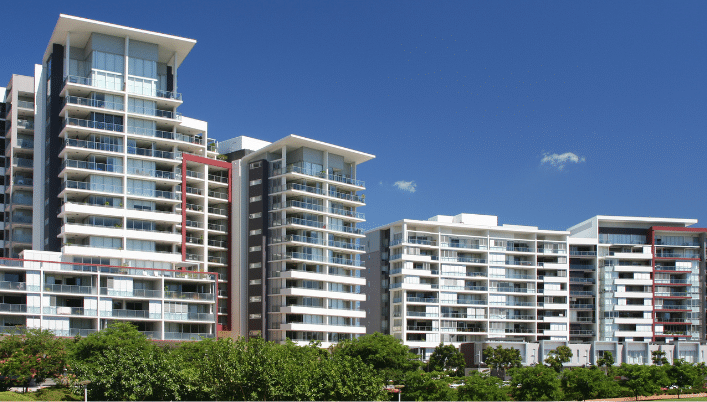
Evaluating the Role of Urban Redevelopment Authority in Shaping Property Prices
The Urban Redevelopment Authority (URA) plays a vital role in shaping property prices in Singapore.
The URA is responsible for urban planning, land use, and development control in the city-state.
Its policies and initiatives in land allocation, zoning, and development guidelines directly impact property prices.
For instance, rezoning specific areas for commercial or residential use can increase property prices in those locations.
The URA’s efforts to develop new growth areas and improve infrastructure can positively spillover effects on nearby property values.
Assessing the Influence of Urban Development on Housing Supply and Demand
Urban development projects, such as creating new townships or redeveloping existing ones, can significantly impact housing supply and demand dynamics.
The development of new residential areas increases the supply of housing units, which can help stabilize or even lower property prices.
On the other hand, urban development can also generate increased demand for housing in specific areas, leading to price appreciation.
Factors such as proximity to amenities, transportation networks, and employment hubs play a crucial role in determining the demand for housing in newly developed areas.
Analyzing the Pros and Cons of Urban Redevelopment for Property Owners
While urban redevelopment can enhance a neighborhood’s overall livability and attractiveness, it can also have implications for property owners.
On the positive side, redevelopment efforts can increase property values, creating potential capital gains for property owners.
Furthermore, improved infrastructure and amenities can enhance the quality of living in the area.
However, the downside of urban redevelopment is that property owners may need help with disruptions during construction or must adapt to the neighborhood’s character changes.
Additionally, redevelopment can lead to increased competition in the market, affecting property owners’ ability to command high rental yields or sell their properties at desired prices.
A Closer Look at Private Property Owners’ Response to Price Trends
Understanding the Buyer Trends and Sentiments in Response to Price Fluctuations
The fluctuation of property prices in Singapore influences buyer trends and sentiments.
When prices rise, buyers may exhibit a sense of urgency to enter the market and purchase properties before prices go beyond their reach.
On the other hand, in anticipation of potential price drops, some buyers may adopt a wait-and-see approach, hoping to secure better deals.
Examining the Seller Trends in the Wake of Potential Property Price Drops
Potential property price drops can also influence sellers’ behavior.
In a market where prices are expected to decline, some sellers may rush to sell their properties to avoid potential losses.
This increased supply can put downward pressure on prices, further contributing to the anticipated drop.
Discussing the Strategies Adopted by Property Owners in Response to Price Trends
Property owners may employ various strategies in response to price trends.
Some owners may hold onto their properties and wait for the market to stabilize before selling or buying additional properties.
Others may take advantage of the situation by actively investing in properties during market downturns, betting on future price appreciation.
Additionally, property owners may explore alternative options, such as rental income generation, to offset potential declines in property values.
Renting out properties can provide a steady income stream, regardless of short-term price fluctuations.
Assessing Rental Market Impact on Property Price Stability

Analyzing the Relationship Between Rental Demand and Property Price Stability
The rental market has a significant impact on property price stability.
High rental demand can contribute to price stability or even appreciation, indicating a strong need for housing.
When rental demand outweighs supply, landlords can command higher rental yields, making property ownership attractive.
Discussing the Influence of the Rental Market on Property Investment Returns
Property investment returns are closely linked to the rental market.
Investors rely on rental income to generate returns on their properties.
Property investment can be highly profitable in a market with strong rental demand and high rental yields.
Conversely, a saturated rental market or declining rental rates may impact investment returns and property values.
Evaluating the Impact of Rental Trends on Housing Affordability
Rental trends play a role in determining housing affordability.
High rental rates can make it challenging for individuals and families to afford suitable accommodation, especially in cities with high living costs like Singapore.
As rental costs increase, it may push some individuals towards homeownership, potentially driving up demand and property prices.
Emerging Trends: Home Buyers’ Sentiments and Future Expectations
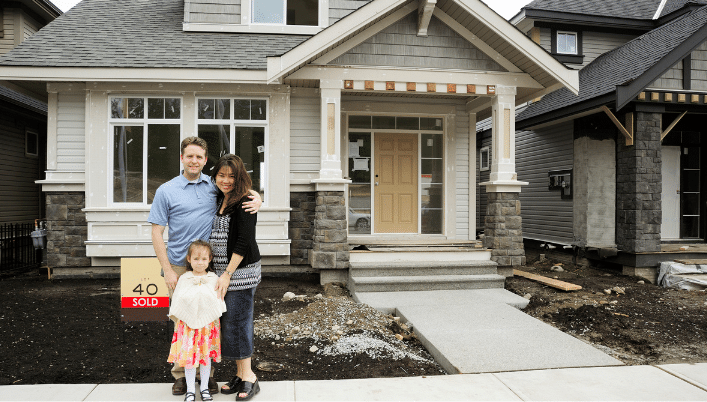
Exploring the Factors Shaping Home Buyers’ Sentiments in the Current Market
Several factors shape home buyers’ sentiments in the current market.
Affordability, interest rates, and economic stability are critical considerations for potential buyers.
Buyers may feel discouraged or hesitant to enter the market when property prices are high.
On the other hand, favorable market conditions, such as low-interest rates and government incentives, can boost buyer confidence and spur demand.
Discussing Future Expectations of Property Prices and Market Growth
The future expectations of property prices and market growth are subject to various factors and uncertainties.
Economic conditions, government policies, and global events can all influence the trajectory of property prices.
While some experts predict a potential drop in property prices in the second half of 2023, others anticipate a more stable market with gradual growth.
Analyzing the Market Challenges and Opportunities for Property Ownership
The property market in Singapore presents both challenges and opportunities for property ownership.
Challenges such as high property prices, limited supply, and strict government regulations can make it difficult for individuals to enter the market or afford suitable properties.
However, market competitiveness and evolving government policies create opportunities.
Conclusion
Dive into the future of Singapore’s property market with a captivating journey through the trends and forecasts of 2023.
As urban redevelopment transforms the landscape, demand for residential properties surges, shaping a dynamic market landscape.
But what does this mean for property prices?
2023 is a year of shifts, where property values might dip due to cooling measures and economic factors.
As these changes unfold, staying informed is critical for intelligent property-related decisions.
But wait, there’s more! Explore the dance between housing demand and supply, influenced by interest rates, government policies, and economic indicators.
Unravel the impact of resale properties and their pricing dynamics.
Discover how Singapore’s property sphere navigates the ever-shifting tides.
Frequently Asked Questions
Will property prices drop in 2023 Singapore?
It is difficult to predict whether property prices will drop in 2023 Singapore.
However, several factors, such as developer launches, housing market conditions, and property demand, may influence the market.
How does the developer affect property prices?
Developers play a significant role in shaping property prices.
Their decisions to launch new projects and set selling prices can impact the overall market.
If developers anticipate a slowdown in the market, they may adjust their pricing strategies accordingly.
What is the current state of the Singapore property market?
As of the fourth quarter of 2022, the private residential market in Singapore has been experiencing a slight price increase.
However, it is essential to note that market conditions can change, and staying updated on the latest trends is crucial.
Are HDB flats affected by the property price fluctuations?
Yes, HDB flats can be influenced by fluctuations in property prices.
While they are considered public housing with specific price regulations, market conditions can still impact their resale prices.
Could there be a significant price drop in the Singapore property market?
While it is always possible for prices to drop, it is difficult to predict a significant price crash in the market without specific indicators.
Various factors influence property prices, including demand, supply, and economic conditions.
Will the rise in interest rates in April affect property prices?
An increase in interest rates can affect property prices.
Higher mortgage rates may affect the affordability of properties, potentially leading to a slowdown in demand and a subsequent impact on prices.
Did property prices rise in the first quarter of 2023?
According to the property price index, property prices experienced a 2.
6% drop in the first quarter of 2023.
However, it is essential to consider the broader market trends and consult professional advice before making any decisions.
How do higher prices of private residential properties impact buyers?
Higher prices of private residential properties can make it more challenging for home buyers to enter the market.
Affordability becomes a significant factor, and buyers may need to consider alternative options or adjust their budgets accordingly.
What is the current market sentiment for property prices in Singapore?
The sentiment for property prices in Singapore can vary among experts and market participants.
It is always recommended to consult professionals in the real estate industry to get the latest insights and opinions on the market.
How do new launches impact property prices?
New launches from developers can influence property prices in several ways.
They introduce fresh supply to the market, affecting demand and overall pricing.
Additionally, new launches may offer different features or locations, creating a competitive landscape.











